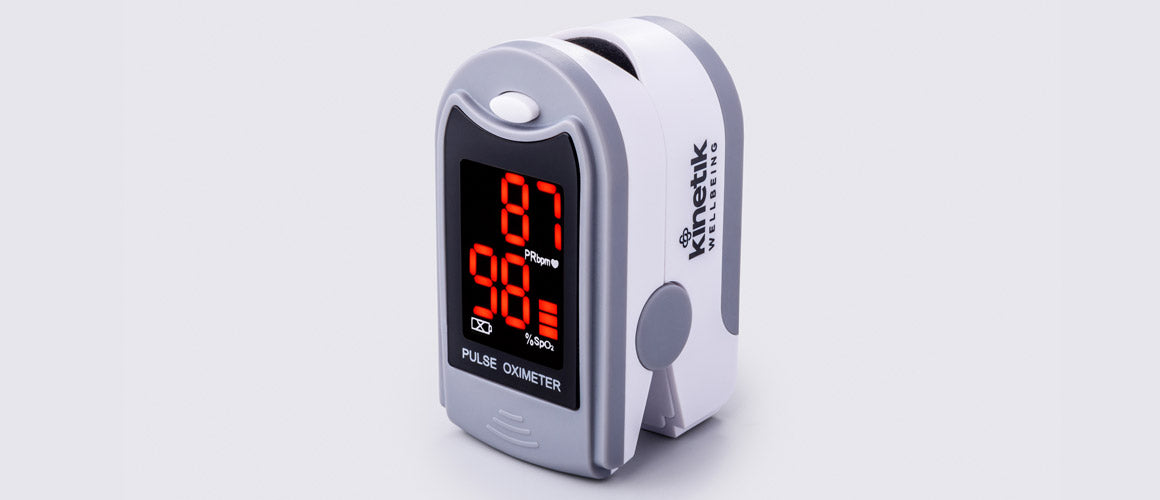Normal oxygen saturation levels depend on whether or not you have conditions that can affect your usual baseline, such as lung disease, as well as what altitude you are at, if abroad!
As a rule of thumb though, levels at about 96% and above are considered ‘normal’ for most people.
Of course, it shouldn’t be taken as a blanket reassurance, as depending on symptoms or activity level, further medical attention may still be appropriate.
How to get help in an emergency
If you live alone, getting help in a medical emergency or fall can be a worry. A monitored emergency alarm or fall alarm provides reassurance help is available 24-hours a day.
For those who don’t have lung disease and are expected to have normal oxygen levels, NHS advice is to seek emergency medical attention if levels fall to 92% or below by ringing 999 or attending your local A&E department.
Also, if levels drop to 93% or 94% or keep being lower than normal you should seek medical attention by contacting your GP or NHS 111.
Covid-19 and pulse oximeters
For more complete advice on using pulse oximeters in a Covid-19 infection, and other things to watch out for, you can read the full NHS guide here2.
What is a normal blood oxygen level?
An SpO2 reading of 96% or more is generally considered to be a normal oxygen level. An SpO2 reading of 92% or less could indicate that your blood is poorly saturated. Insufficient saturation can cause issues such as chest pain, shortness of breath and increased heart rate.
Oxygen levels of 92% or less are considered abnormally low and usually would be classed as a medical emergency.
To understand what your SpO2 reading means and to get tailored advice from Kinetik Wellbeing’s Dr Katie Stephens please enter the reading from your pulse oximeter into the box below.
Can I check my blood oxygen (SpO2) levels at home?
Yes! Using a Finger Pulse Oximeter, which is a small device that is attached to your finger to measure the amount of oxygen in the blood travelling round your body. The Oximeter takes an SpO2 reading – an estimation of the amount of oxygen in your blood.
Oxygen is carried around your body in your red blood cells by a molecule called haemoglobin. A finger Pulse Oximeter measures how much oxygen the haemoglobin in your blood is carrying. This is called the oxygen saturation and is a percentage (scored out of 100).
If you are wondering how a pulse oximeter can help an older adults, then our helpful guide explains more.
Find out about the Which? Best Buy awarded Kinetik Wellbeing Pulse Oximeter here.
Finger Pulse Oximeter
Read more about the Finger Pulse Oximeter, awarded a Which? Best Buy.
References
- Michael W Sjoding et al, Racial Bias in Pulse Oximetry Measurement. N Engl J Med 2020; 383:2477-2478
- https://doi.org/10.1056/NEJMc2029240<https://www.england.nhs.uk/nhs-at-home/faqs-for-for-covid-virtual-wards-and-covid-oximetry-home/
- https://www.blf.org.uk/support-for-you/breathing-tests/tests-measure-oxygen-levels
- https://www.kinetikwellbeing.com/blood-oxygen-sp02-calculator/






